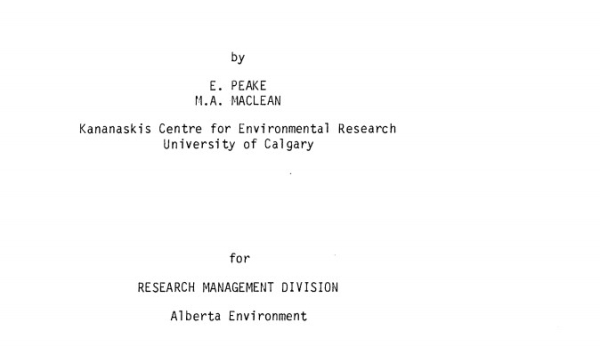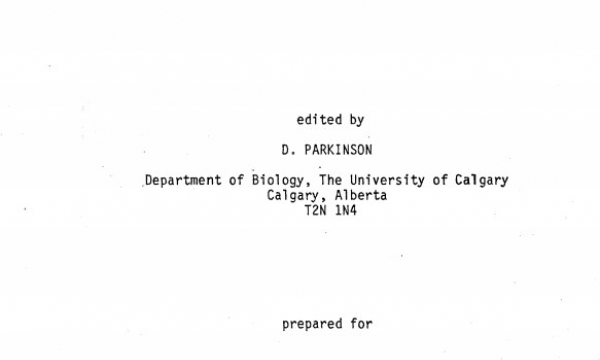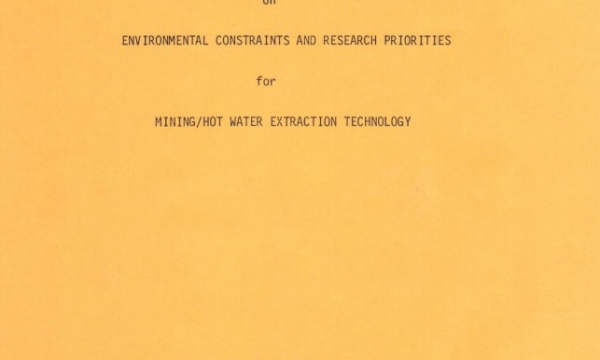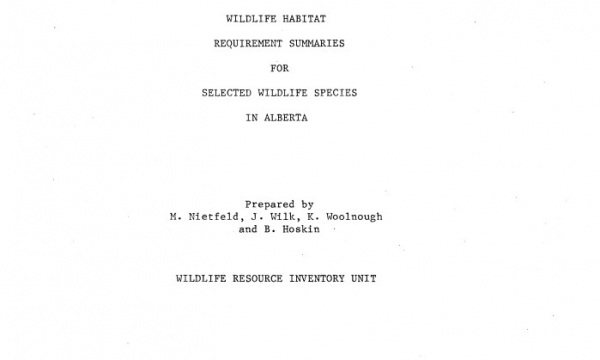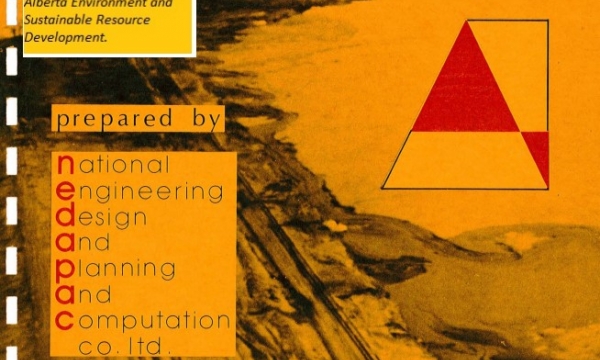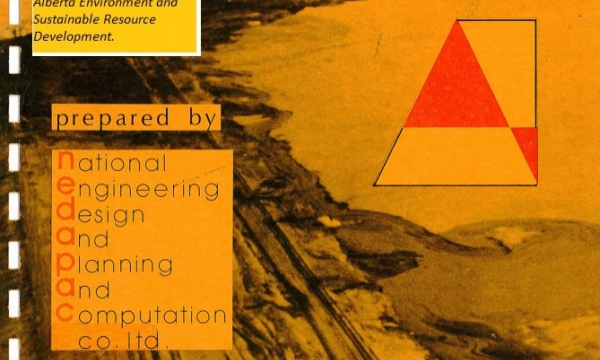Oil Sand Overburden Characterization Within the Mine Area of Syncrude Lease No. 17 for Reclamation of Spent Oil Sand
Resource
Oil sand overburden materials within Syncrude Lease No. 17 were sampled and analyzed with the intent of isolating mineral materials overlying lean oil sand which may be useful in reclamation



